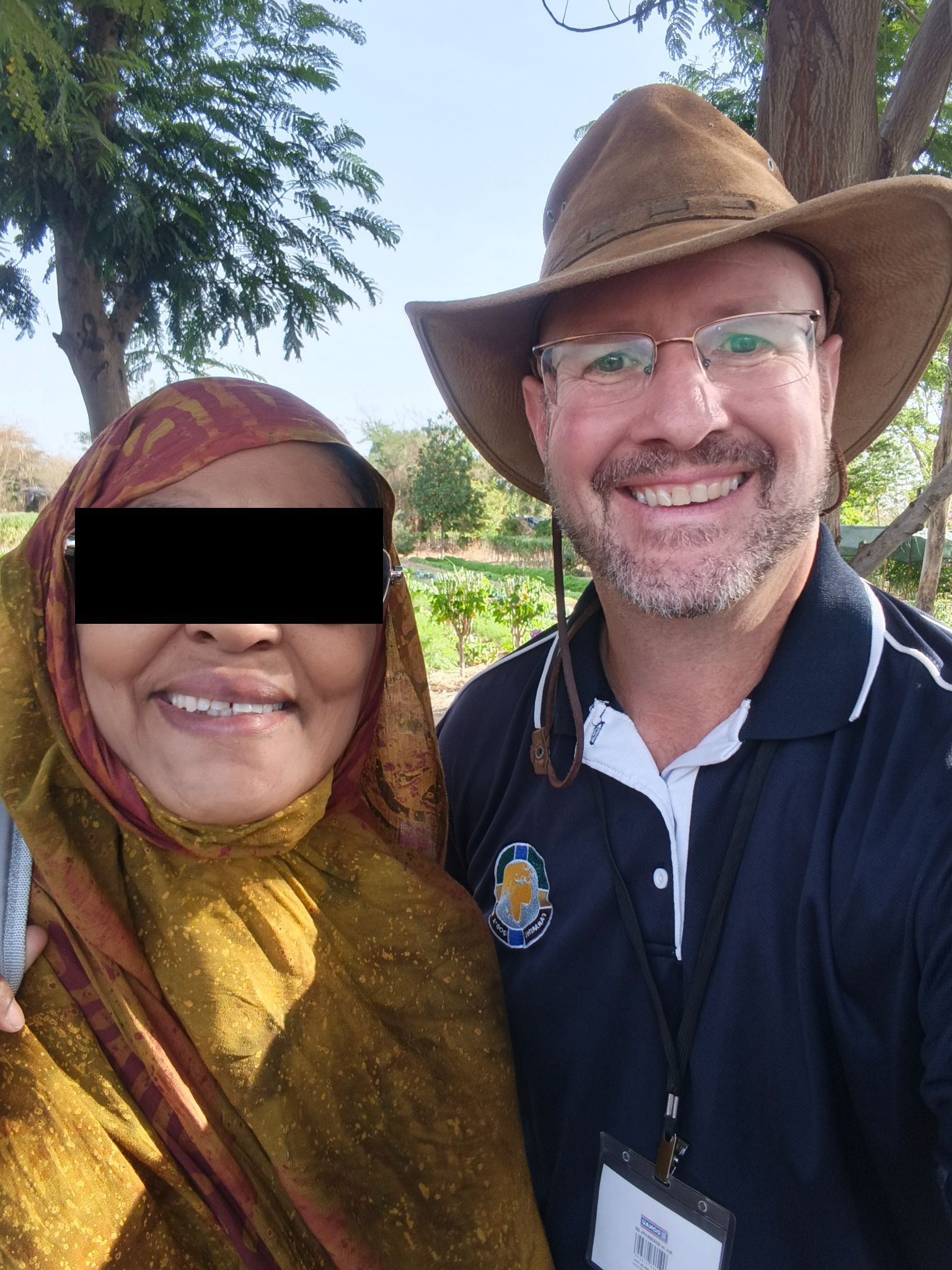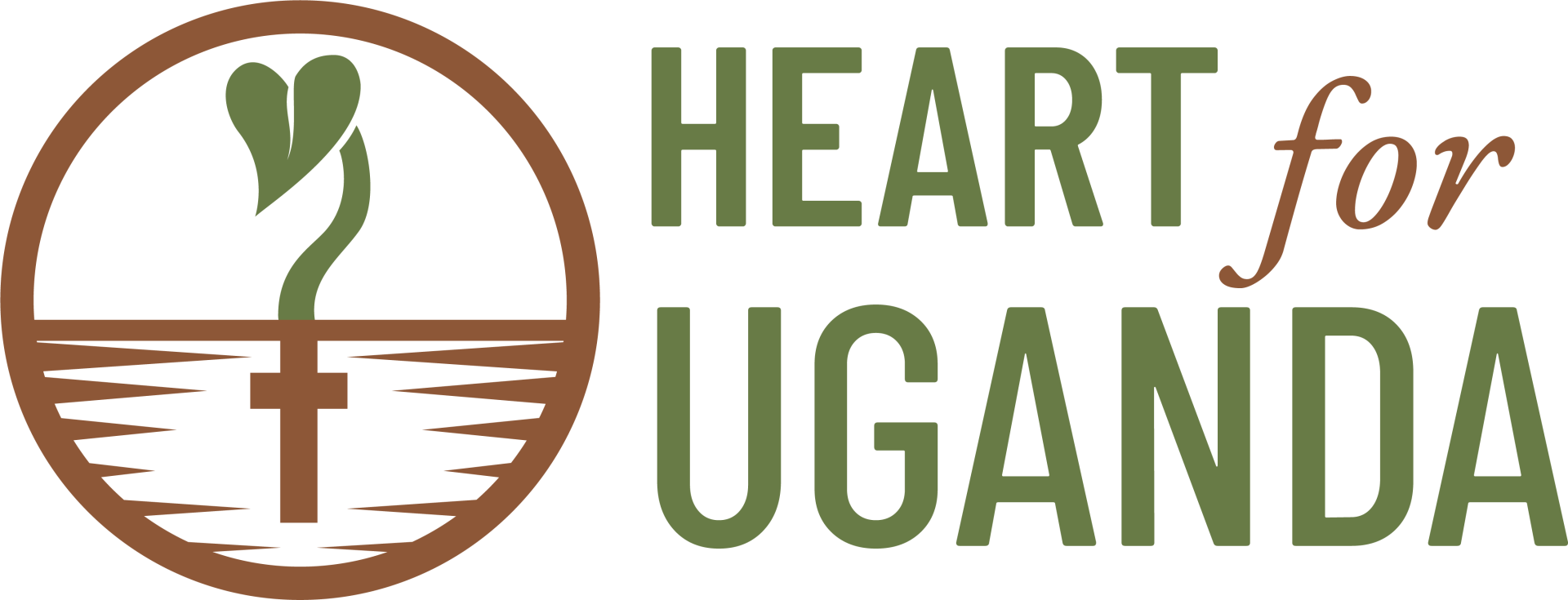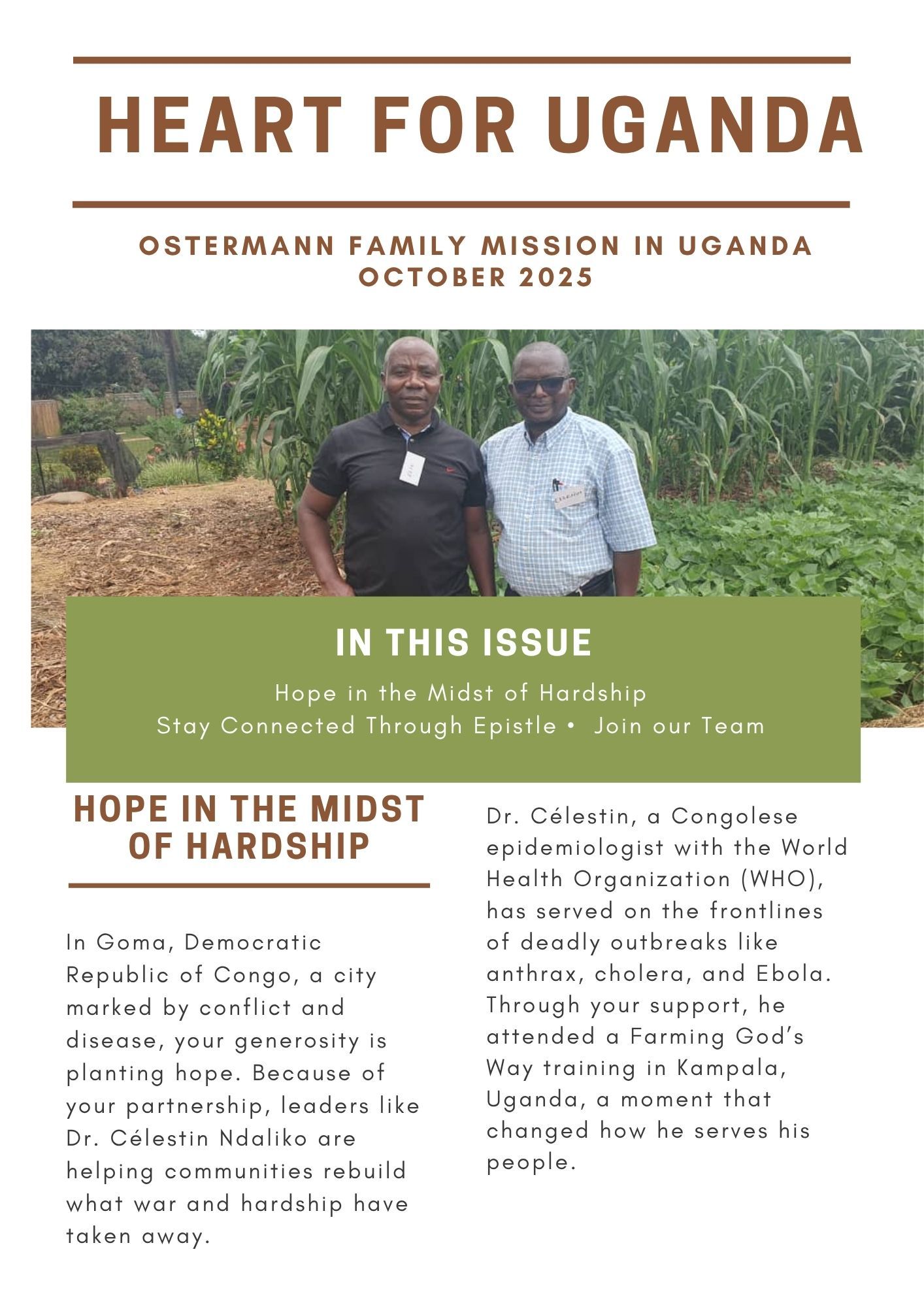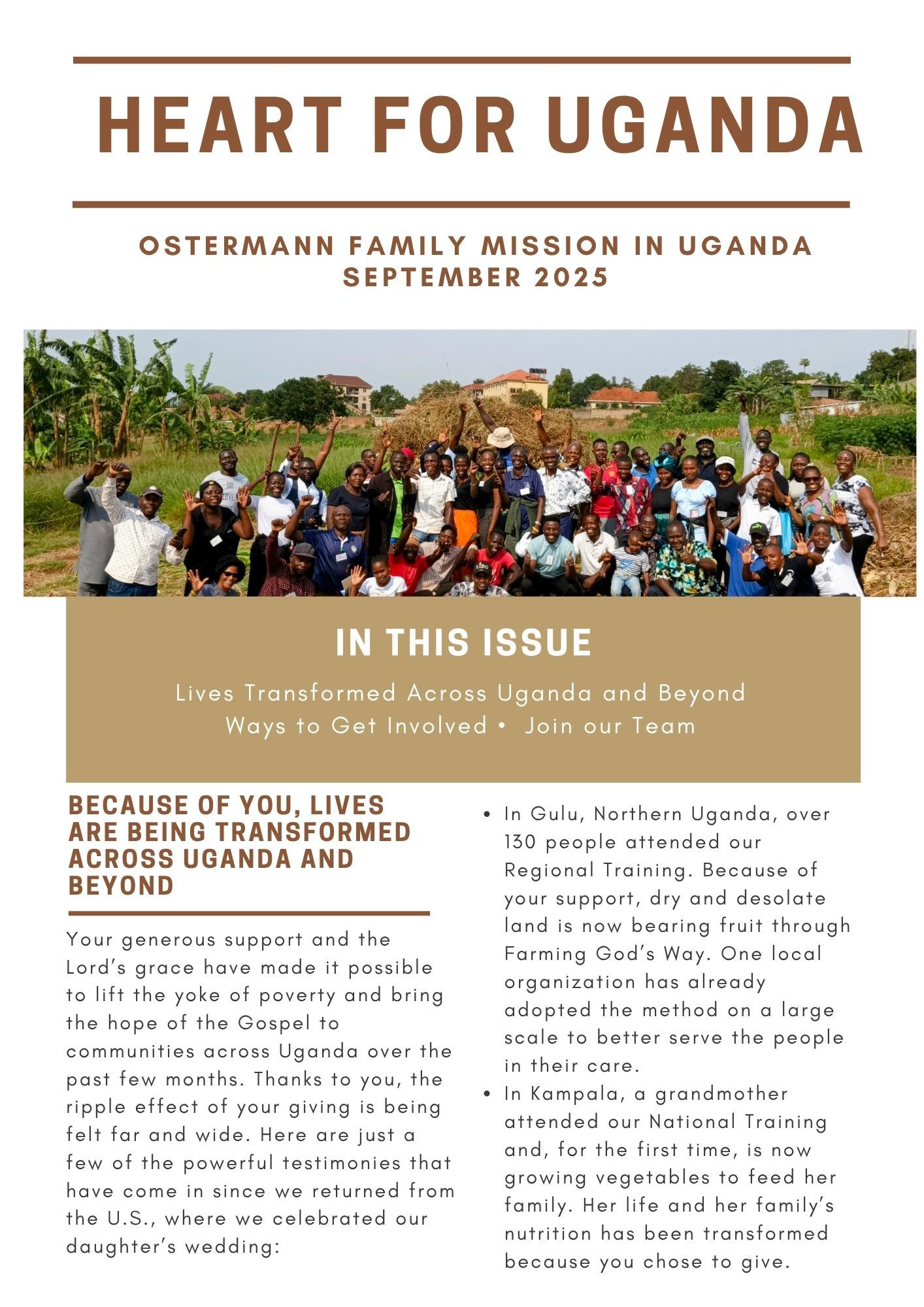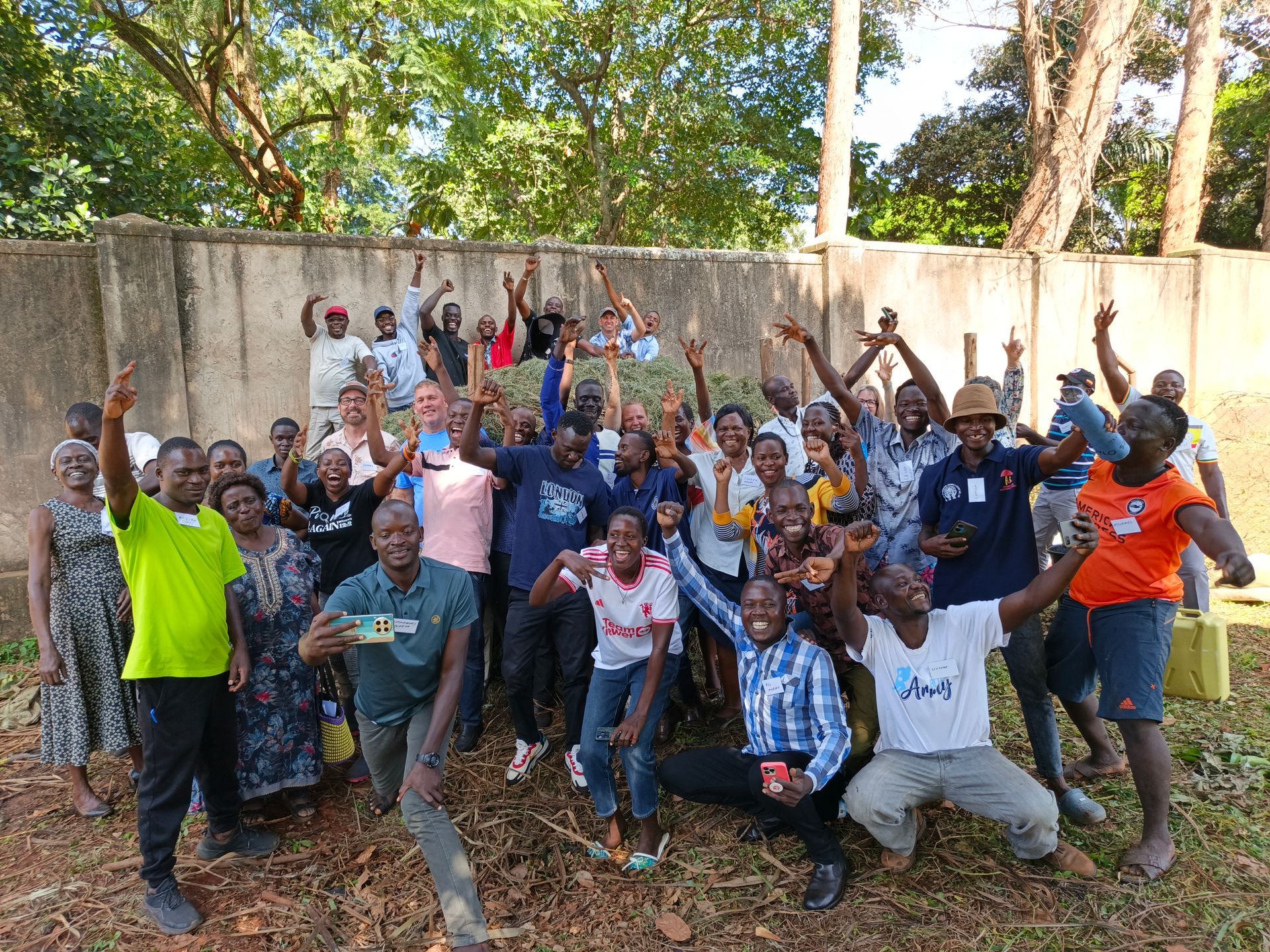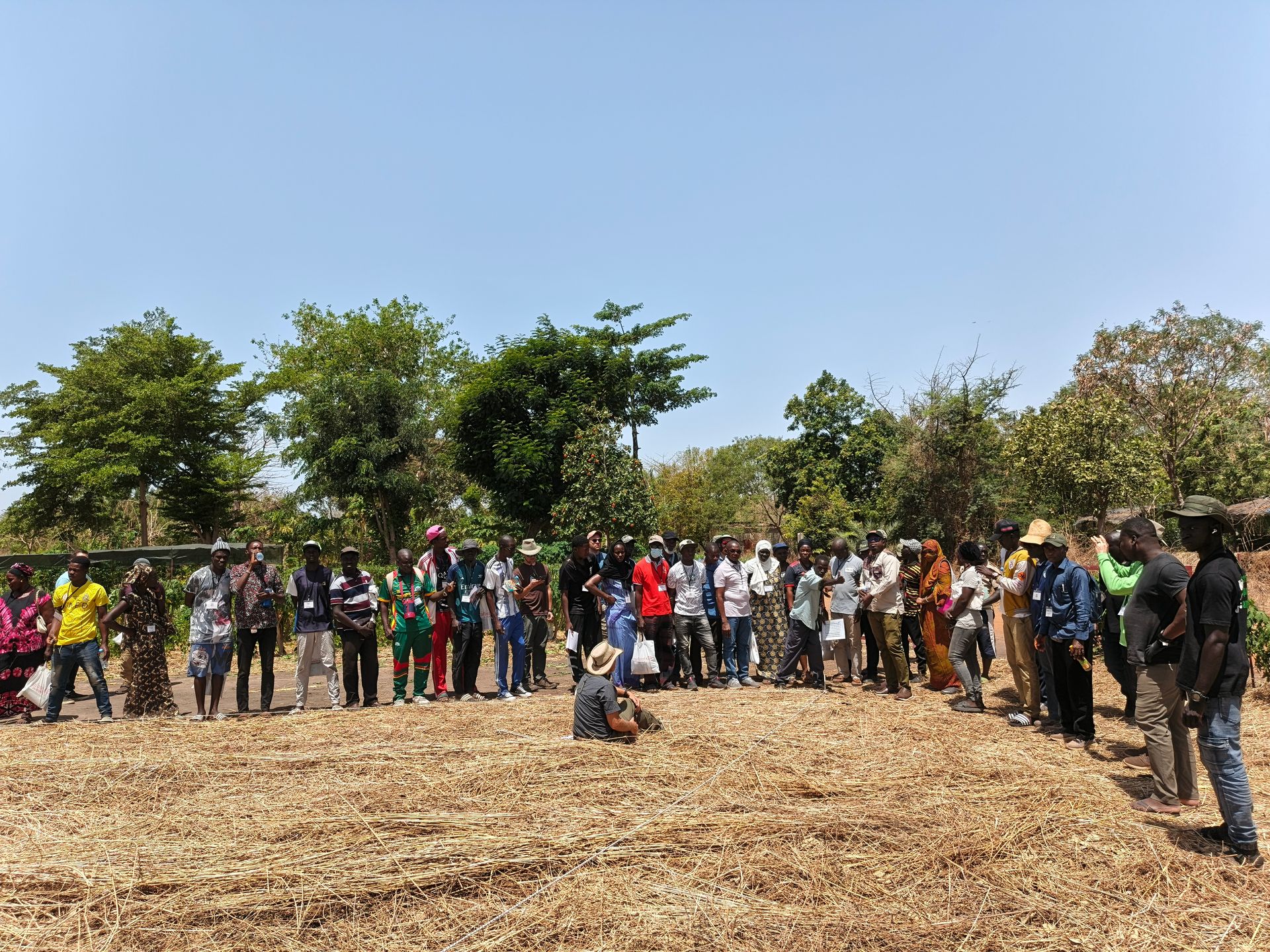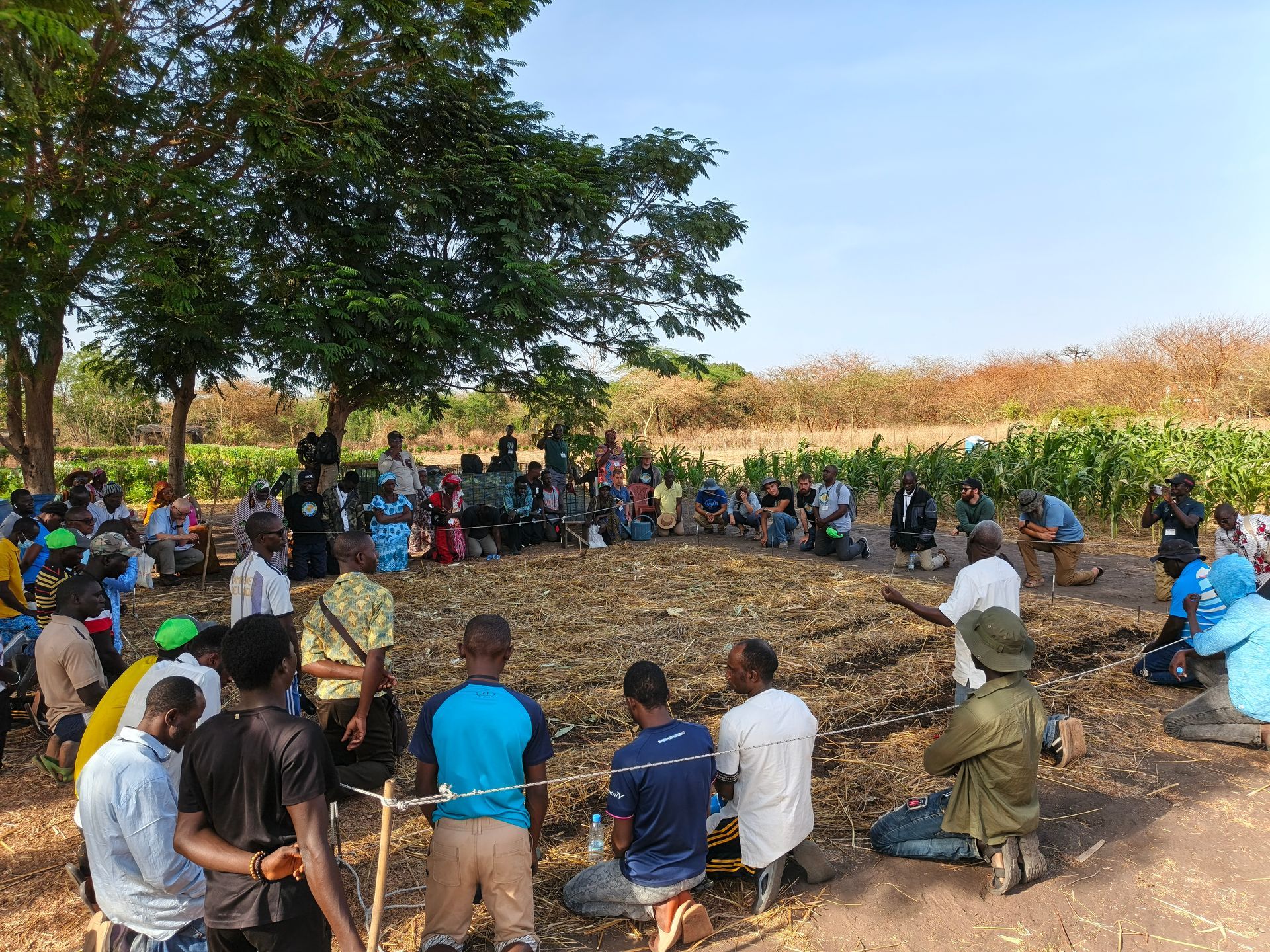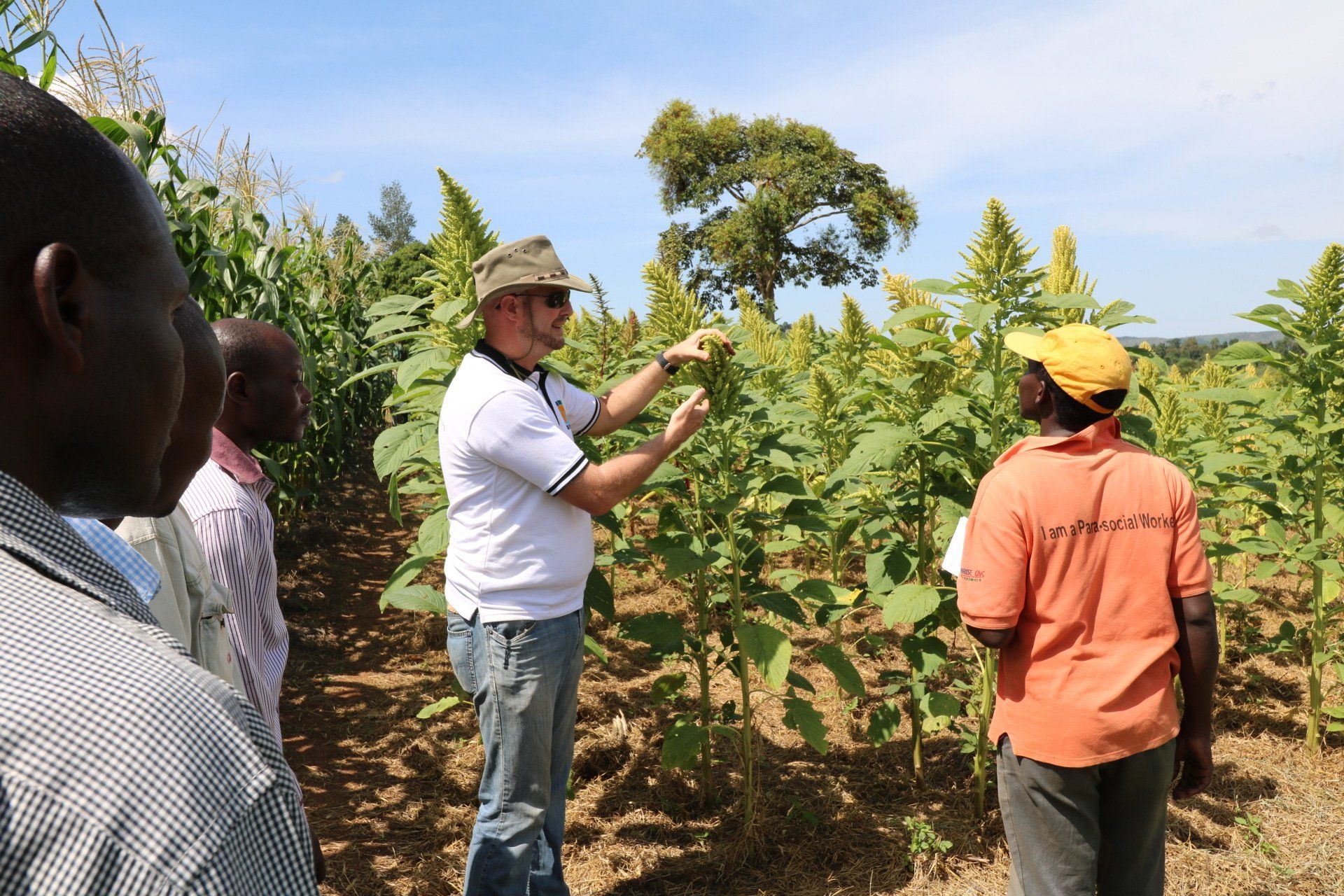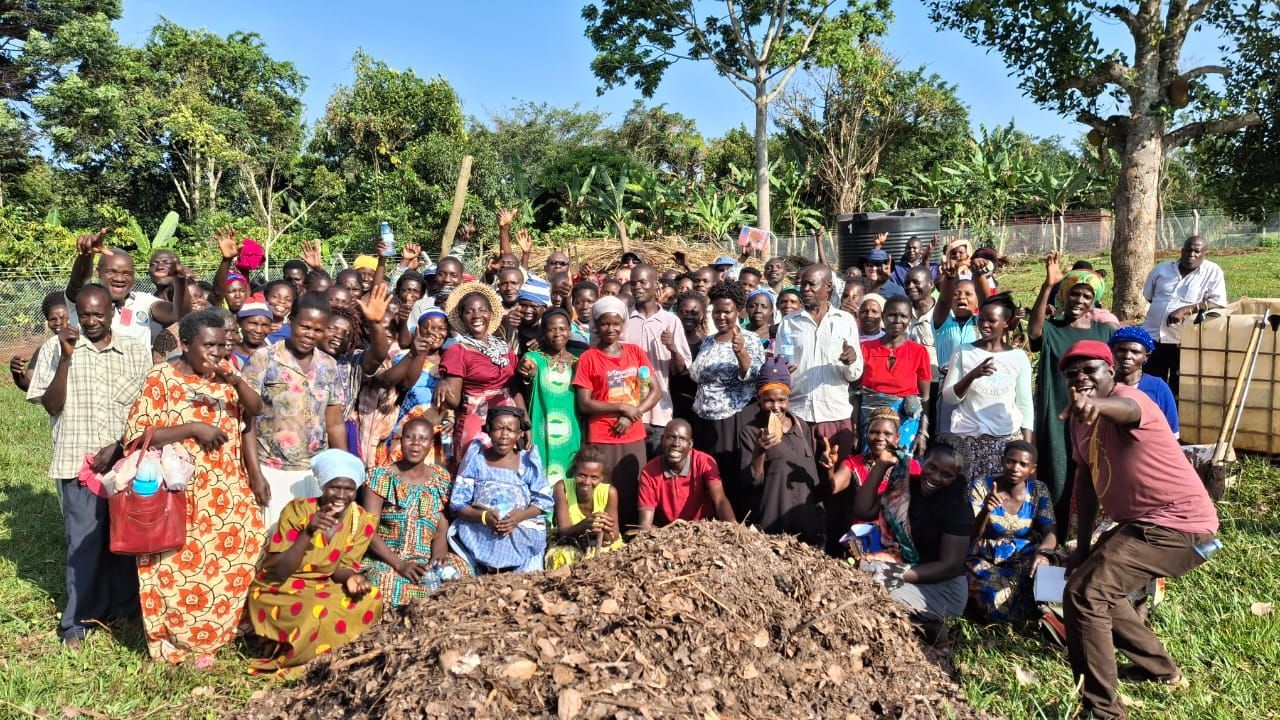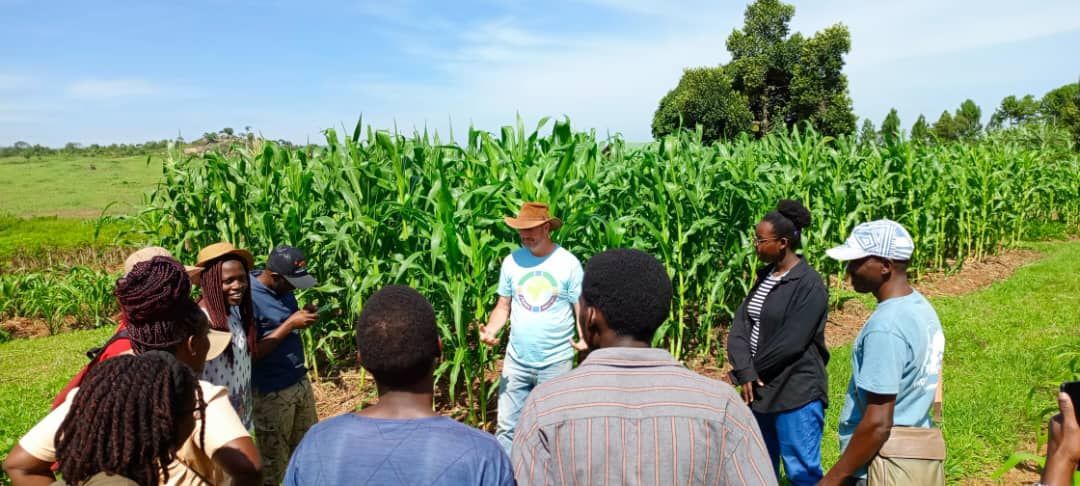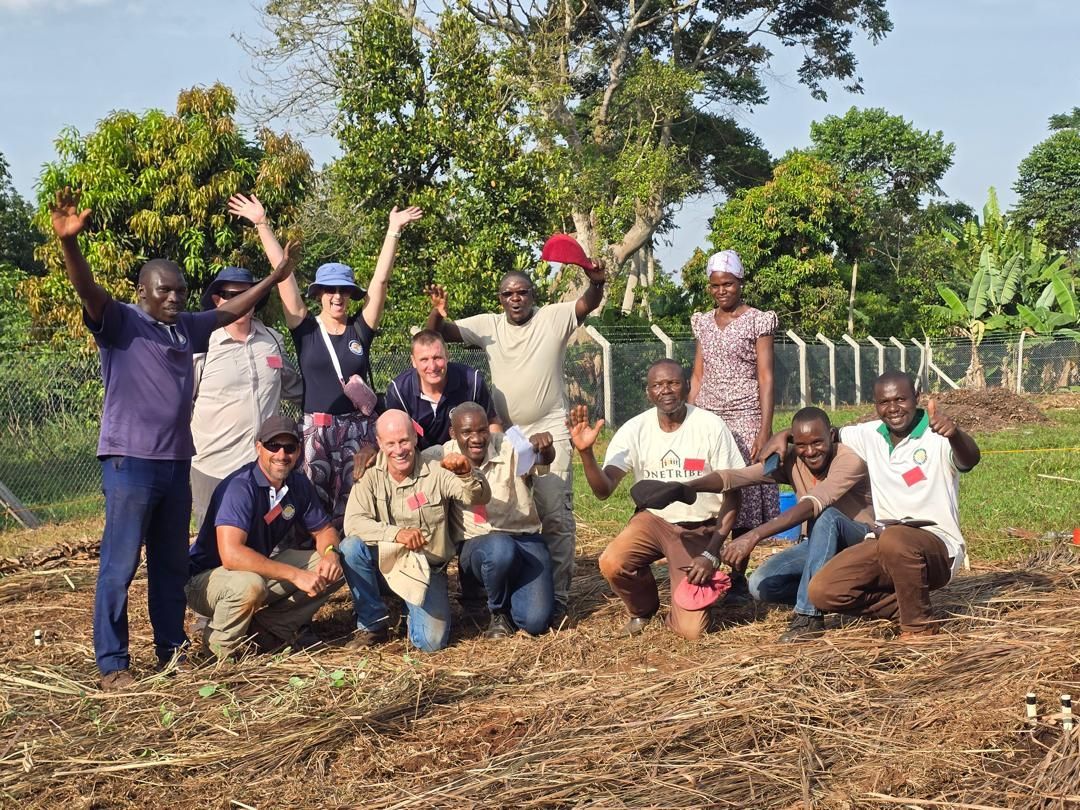Farming God's Way vs Conventional Farming
The differences are very evident!
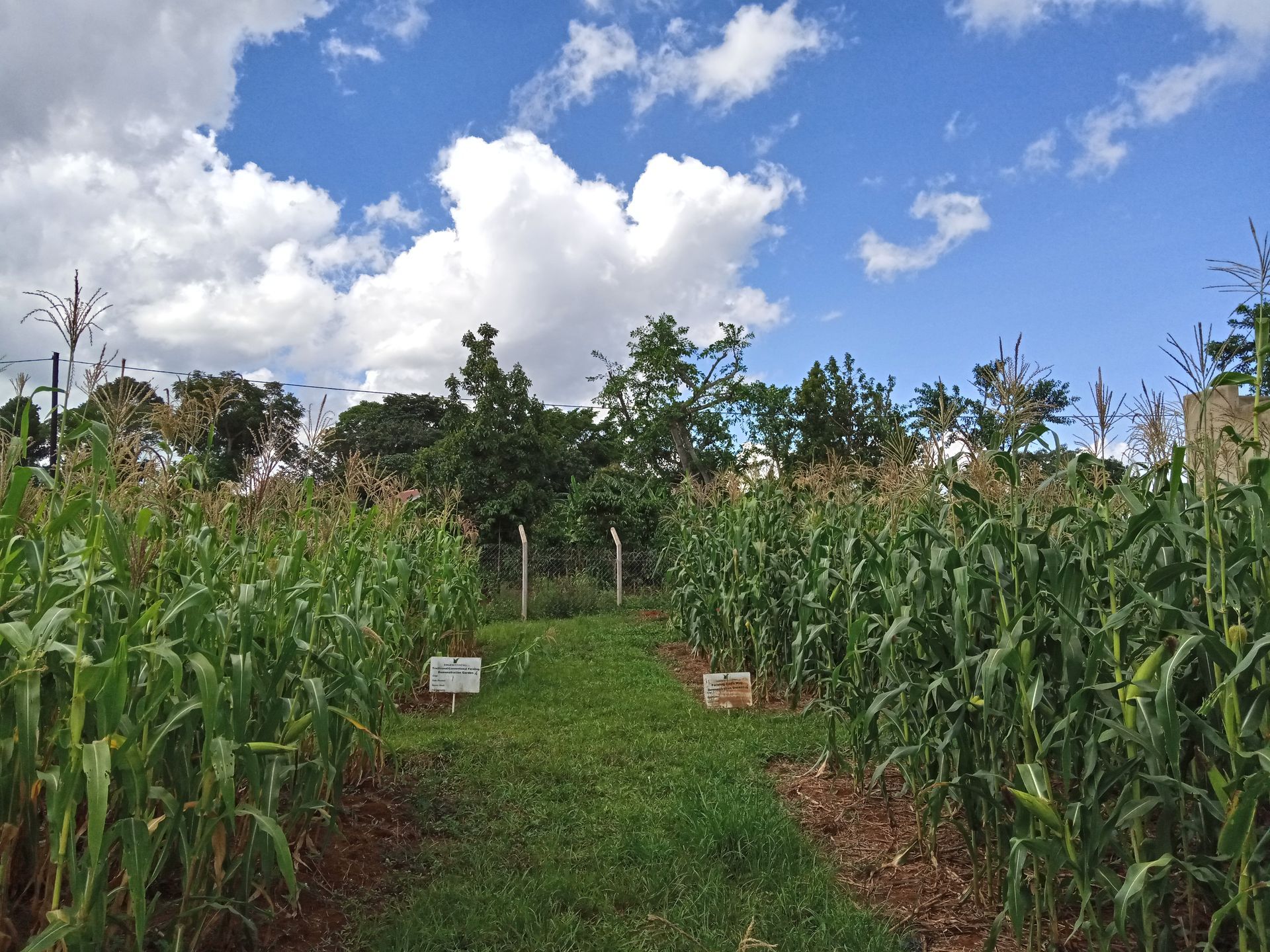
We have been running a Farming God's Way model farm in Kampala since August of 2023 on a piece of land owned by a very large church in Uganda. They wanted proof to see if Farming God's Way really did work, so they commissioned a scientific study to see the differences between Farming God's Way and traditional farming practices in Uganda. The results showed that Farming God's Way was far superior to traditional farming practices. Here are some excerpts from the report:
"FGW emerges as a clear leader in sustainability, addressing environmental, social, and economic dimensions of agriculture. Through practices such as composting, cover cropping, and mulching, FGW promotes soil health, water conservation, and biodiversity preservation, mitigating the negative environmental impacts associated with conventional farming. Furthermore, its holistic approach fosters community engagement, social equity, and resilience to climate change, ensuring the long-term viability of agricultural systems in the face of evolving challenges."
"FGW demonstrates promising agronomic performance through its adoption of sustainable agricultural practices such as minimal tillage, natural pest control, and soil conservation techniques. These practices contribute to improved soil health, crop diversity, and resilience to environmental stressors, resulting in enhanced yields and quality of produce over the long term. In contrast, conventional farming methods may initially yield higher outputs but often at the expense of soil degradation, biodiversity loss, and increased susceptibility to pests and diseases."
"In summary, the comparison between Farming God's Way and conventional farming underscores the multifaceted benefits of adopting sustainable agricultural practices. While conventional farming may offer short-term gains in terms of yield and profitability, it comes at the expense of environmental degradation, social inequity, and long-term economic instability. On the other hand, FGW represents a holistic and regenerative approach to farming that prioritizes the well-being of ecosystems, communities, and future generations. Moving forward, decision makers, policymakers, agricultural practitioners, and stakeholders must recognize the inherent value of sustainable farming systems like FGW and work towards their widespread adoption to ensure a resilient, equitable, and thriving agricultural future."
They also showed a financial loss of 372,528 Ugandan Shillings or about $100 when growing corn on a hectare with traditional farming practices. In comparison, with Farming God's Way, the report showed a financial gain of 13,886,600 Ugandan Shillings or a profit of $3,703. Farmers are losing money using traditional farming practices to grow corn, whereas the income potential is so much greater using Farming God's Way!
To see the entire report, you can click here.
